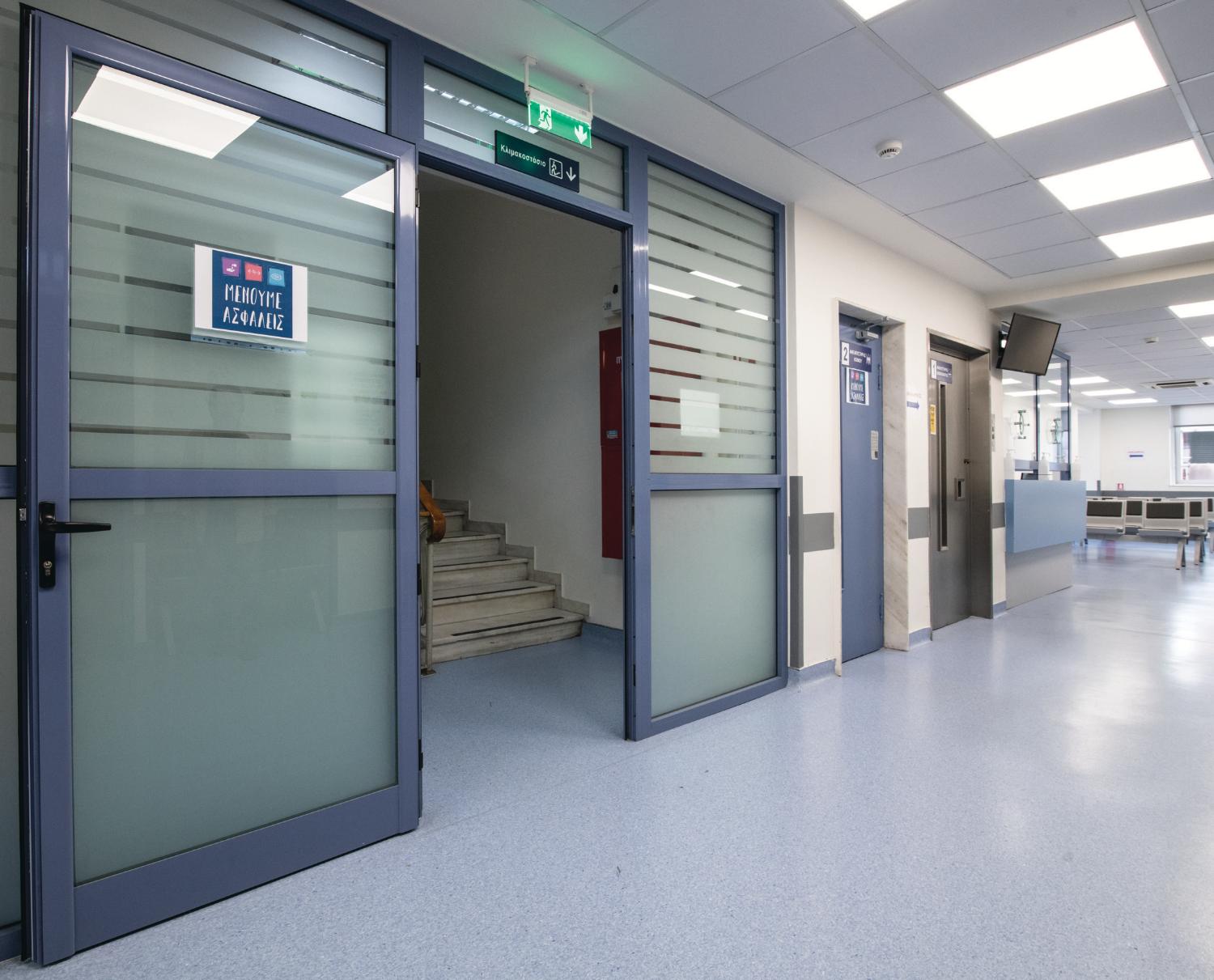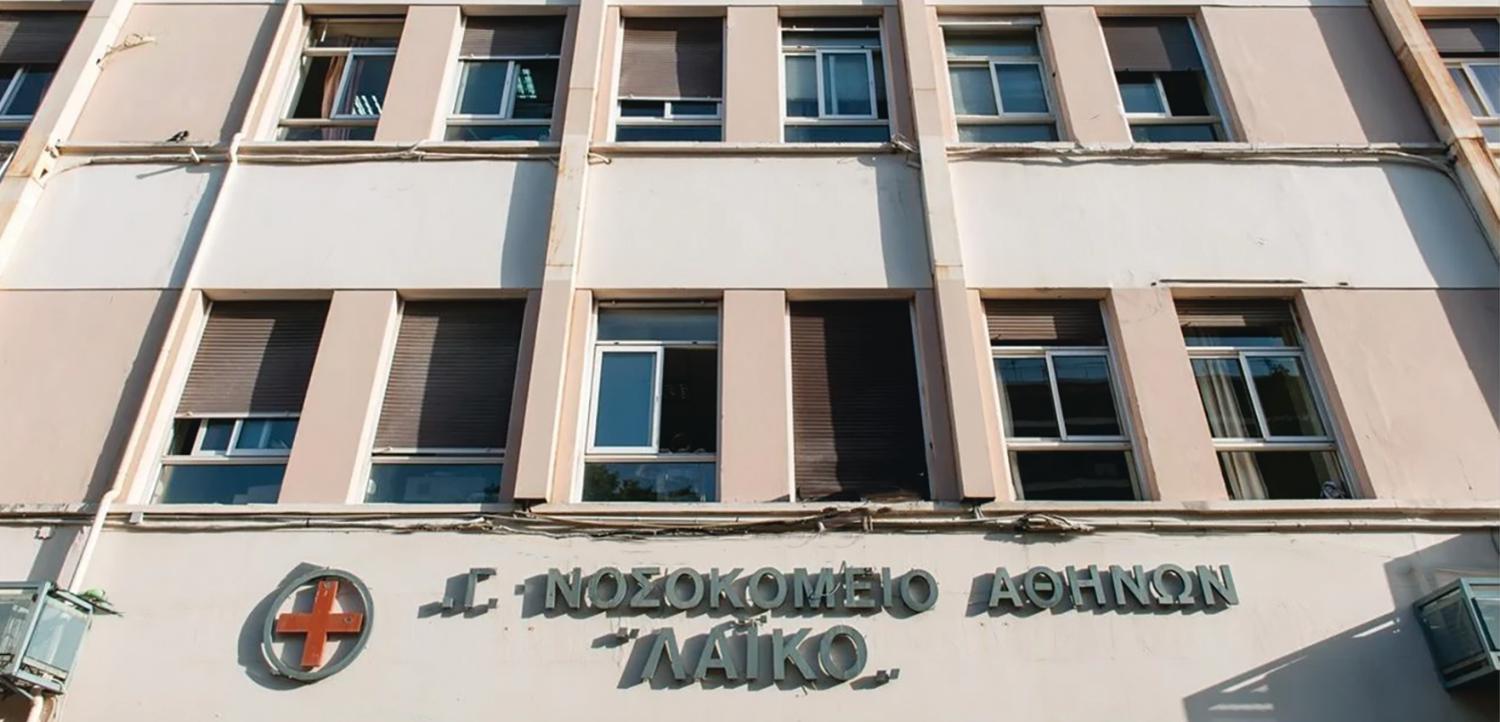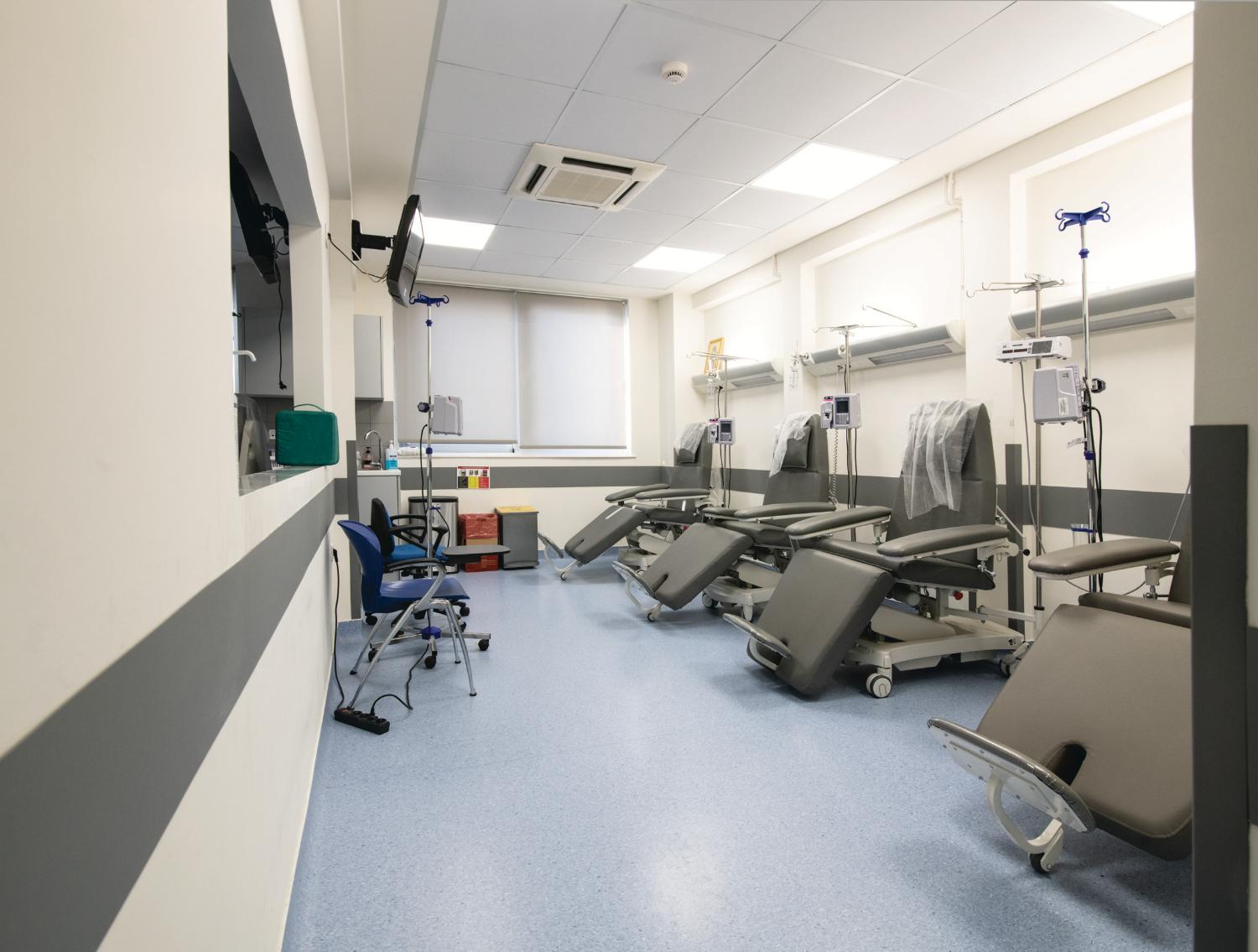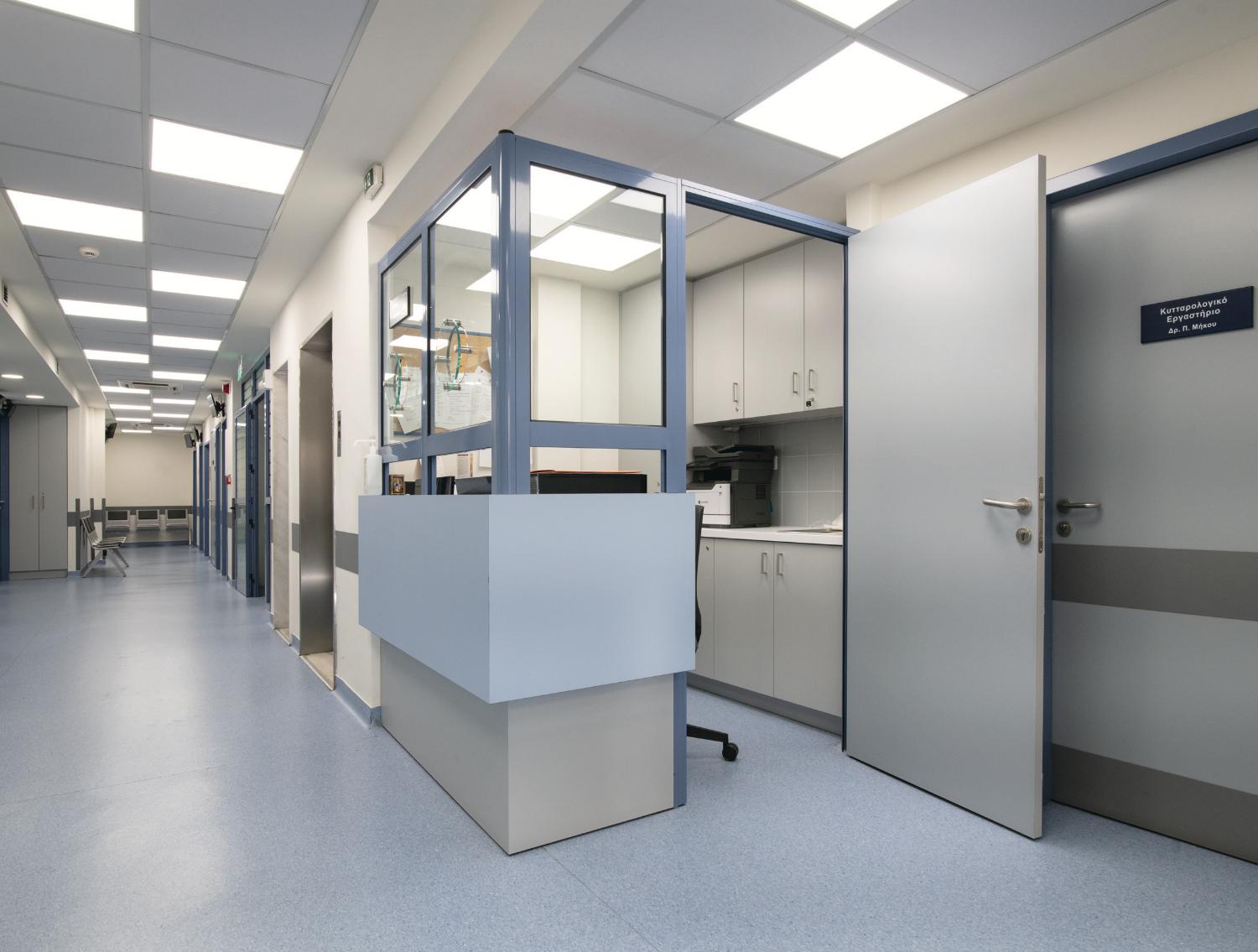The Laiko [Popular] General Hospital of Athens was founded in 1933 in the area of Goudi, where the then Medical School of Athens was situated. One year later, the renowned 1st Surgical Clinic began operating, which was staffed by pioneering doctors of the period, such as M. Geroulanos and Z. Kairis. Gradually, the hospital’s capabilities were expanded, with the addition of new departments, equipment and clinics. The premises hosted also schools of Physiotherapy and Nursing. Today the Laiko is one of the largest university-teaching hospitals in Greece. It has also an annexe, in Sevastoupoleos Street, comprising units dealing with haematological diseases.
The Non-profit Civil Company AEGEAS, aware that the Laiko GHA is one of the largest University Hospitals in Greece, while its Sevastoupoleos Street annexe is an internationally acclaimed centre for blood diseases, has made a series of donations to upgrade the Hospital’s building infrastructure and the functioning of its departments, as well as to supply state-of-the-art medical and technological equipment.
Furthermore, with a donation from the Non-profit Civil Company AEGEAS the necessary studies were prepared for the rearrangement and renovation of the operating theatres in the Laiko Hospital. On their completion, the Non-profit Civil Company AEGEAS will undertake the implementation of the project in its entirety.
DONATIONS OF THE NON-PROFIT CIVIL COMPANY AEGEAS
- Renovation of the building infrastructure of the Laiko Annexe in Sevastoupoleos Street
- Renovation of six dormitories for the doctors on-call
- Supply of medical and technological equipment for the Liver Transplant Department
REORGANIZATION AND RENOVATION OF THE ANNEXE IN SEVASTOUPOLEOS STREET
The complete overhaul of the second, third and fifth storeys of the Laiko Annexe at 16 Sevastoupoleos Street resolved one of the Hospital’s most serious problems, by creating accommodation for care of patients with rare diseases and for day-care patients with haematological and neoplasmatic conditions.
The building infrastructure was radically upgraded, while the supply of medical-technological and hospitality equipment ensures the functioning of modern and comfortable facilities (renovated cytology laboratory, chemotherapy rooms, examination rooms). The model medical unit for haematological diseases now offers patients dignified and safe day-care treatment, without being at the heart of the Hospital.




